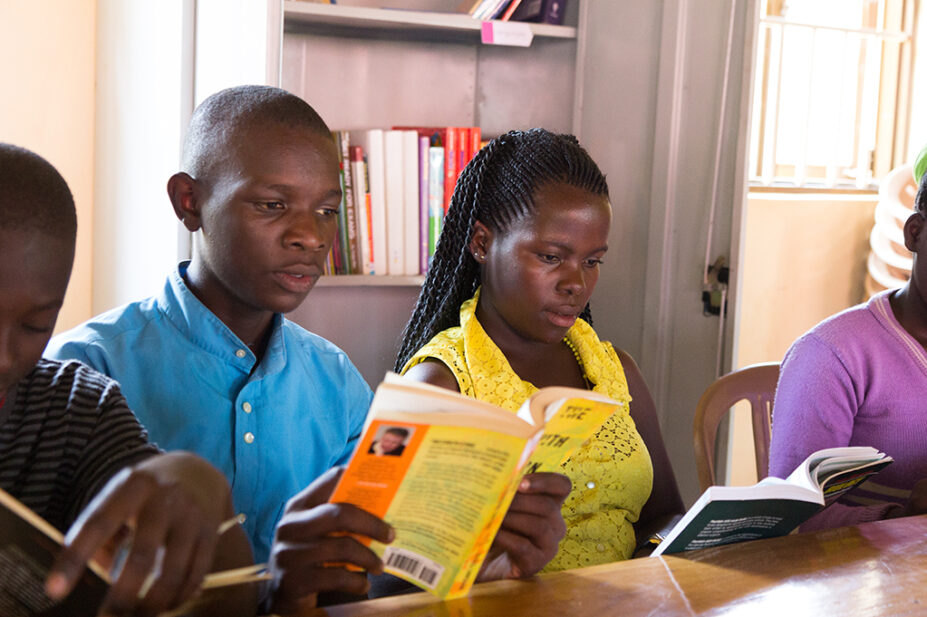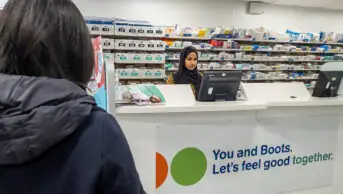
Shutterstock.com
Internationally-trained pharmacists could spend as little as three months in Great Britain before registering to practise, under new proposals being considered by the General Pharmaceutical Council (GPhC).
Under an “in-principle framework” for registering overseas pharmacists, due to be discussed at the GPhC board meeting on 22 February 2024, internationally-trained pharmacists would be able to register through one of three new routes, depending on the pharmacists’ initial education and training.
Currently there are two main routes to registration for non-GB-trained pharmacists, with those from outside the European Economic Area (EEA) having to study the Overseas Pharmacists’ Assessment Programme (OSPAP) at university for one year and then complete a year of foundation training before they can take the GPhC registration assessment.
However, the board papers say that there is a waiting list of several hundred people wanting to join the OSPAP and a lack of capacity in the universities offering this programme.
In 2022/2023, there were 757 applications to the OSPAP, compared with 151 applications in 2020/2021.
The second most common route is automatic registration for EEA-trained pharmacists, which was due to be withdrawn but was extended by the UK government for a further five years from September 2023.
Under the new framework being considered by the regulator, pharmacists from countries where initial education and training is very similar to that in Great Britain — such as New Zealand, Ireland and Australia — would be able to work under supervision for three to four months, with a practical assessment based on entrustable professional activities at the end of that period.
Through a second route, pharmacists from European Free Trade Association countries (Iceland, Norway and Liechtenstein), Switzerland, and other countries where initial education and training is broadly similar but sometimes with a science bias, complete a longer adaptation period and larger set of assessed entrustable professional activities.
These applications would be dealt with on a case-by-case basis and evaluated by experts recruited by the GPhC.
Under the third route, pharmacists from countries where initial education and training is dissimilar to Great Britain — such as India, Pakistan and Nigeria — would require “an extended period of orientation” and a one-year period of education and training “integrating both university study and in-practice training and assessment”.
According to GPhC data, 65% of OSPAP applications since 2021 have been from India, Pakistan and Nigeria.
The board papers describe the changes as “a complicated project” but formal consultation proposals will be drawn up if approved by the GPhC council.
Responding to the proposed changes, Claire Anderson, president of the Royal Pharmaceutical Society, told The Pharmaceutical Journal they were “a positive step towards addressing workforce needs”.
“Given the similarities in pharmacy education between New Zealand, Australia and Ireland, compared to the UK, we believe this presents an opportunity for skilled pharmacists to more promptly contribute to the UK healthcare system,” she said.
In May 2023, NHS England said it was looking to increase international recruitment of pharmacists as part of plans to grow the pharmacy workforce.
1 comment
You must be logged in to post a comment.



At face value this appears as though it could drive further racially inequality and bias in workplace.